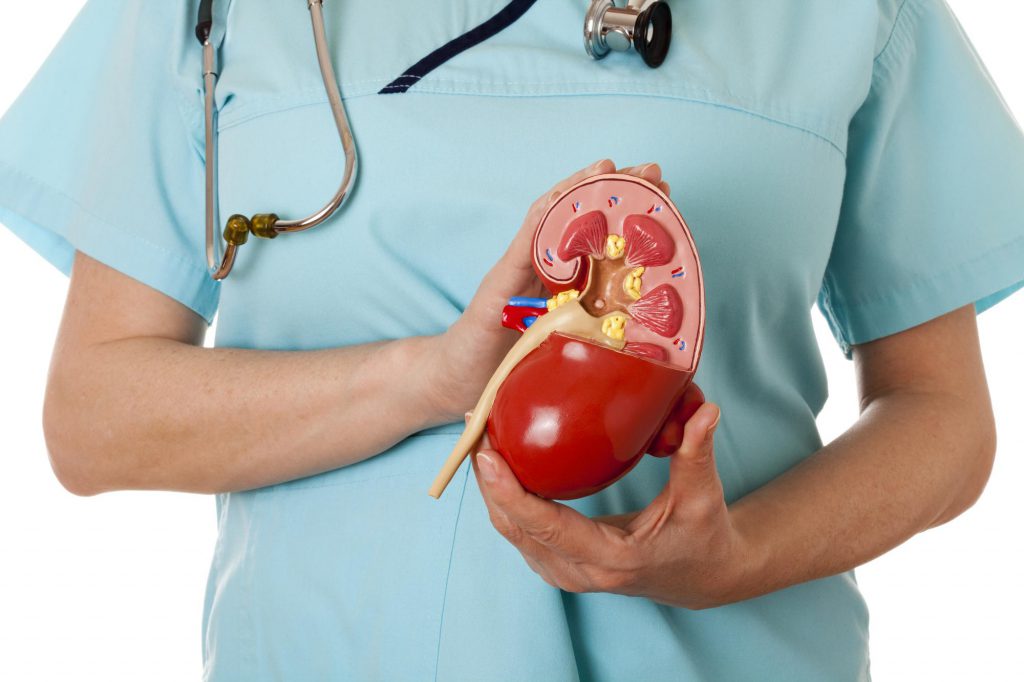
Cancer is a group of diseases characterized by the abnormal growth and division of cells in the body. It is a complex and often devastating disease that can affect any part of the body, including the skin, bones, organs, and tissues. Cancer can be difficult to diagnose, as symptoms can vary widely depending on the type of cancer and the stage of the disease.
Some of the most common symptoms of cancer include:
Fatigue: Fatigue is one of the most common symptoms of cancer, and it can be caused by a variety of factors, including cancer itself, as well as treatments like chemotherapy and radiation therapy.
Unexplained weight loss: Unexplained weight loss can be a sign of several types of cancer, including pancreatic, lung, and stomach cancer. If you are losing weight without trying, it is important to speak with your doctor.
Pain: Pain is a common symptom of cancer, and it can be caused by the cancer itself, as well as treatments like surgery and radiation therapy. The type and severity of the pain can vary depending on the type of cancer and the stage of the disease.
Skin changes: Changes in the skin, such as the development of new moles or the appearance of sores that do not heal, can be a sign of skin cancer. In some cases, skin cancer can also cause itching, bleeding, and other symptoms.
Changes in bowel or bladder habits: Changes in bowel or bladder habits can be a sign of several types of cancer, including colon, bladder, and prostate cancer. These changes may include constipation, diarrhea, blood in the stool or urine, and increased frequency of urination.
Persistent cough or hoarseness: A persistent cough or hoarseness can be a sign of several types of cancer, including lung, throat, and larynx cancer. If you have a cough that lasts more than a few weeks or experience hoarseness that does not go away, it is important to speak with your doctor.
Difficulty swallowing: Difficulty swallowing can be a sign of several types of cancer, including esophageal, stomach, and throat cancer. If you have difficulty swallowing or experience pain when swallowing, it is important to speak with your doctor.
Changes in the breast: Changes in the breast, such as the development of a lump or swelling, can be a sign of breast cancer. Other symptoms may include nipple discharge, changes in the size or shape of the breast, and skin changes around the breast.
Abdominal pain or bloating: Abdominal pain or bloating can be a sign of several types of cancer, including ovarian, pancreatic, and stomach cancer. If you experience persistent abdominal pain or bloating, it is important to speak with your doctor.
Persistent fever or night sweats: A persistent fever or night sweats can be a sign of several types of cancer, including lymphoma and leukemia. If you experience a fever or night sweats that do not go away, it is important to speak with your doctor.
It is important to note that other conditions can also cause these symptoms, and not all people with cancer will experience these symptoms. However, if you experience any of these symptoms, it is important to speak with your doctor as soon as possible.
In addition to these symptoms, there are also several factors that can increase a person’s risk of developing cancer. These risk factors include:
Age: Cancer is more common in people over the age of 65.
Family history: People with a family history of cancer may be at an increased risk of developing certain types of cancer.
Smoking: Smoking is a major risk factor for several types of cancer, including lung, bladder, and throat cancer.
Alcohol
 How to Play Baby Games? What’s the Game Where You Play as a Baby?
How to Play Baby Games? What’s the Game Where You Play as a Baby?  World of Intrigue and Entertainment Escort Services in Las Vegas?
World of Intrigue and Entertainment Escort Services in Las Vegas?  How to Avail Escort Services in Las Vegas?
How to Avail Escort Services in Las Vegas?  Unveiling Luxury and Adventure Independent Escorts?
Unveiling Luxury and Adventure Independent Escorts? 


